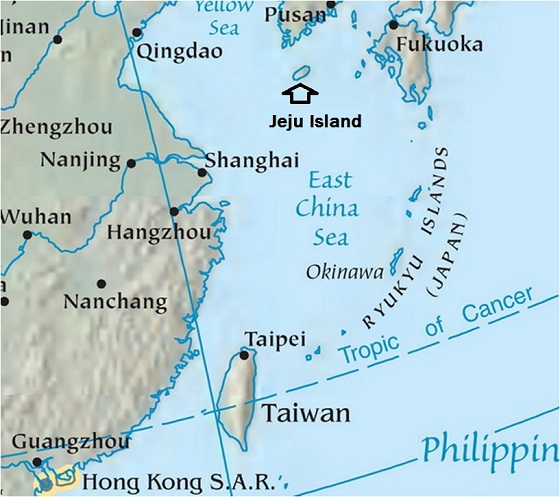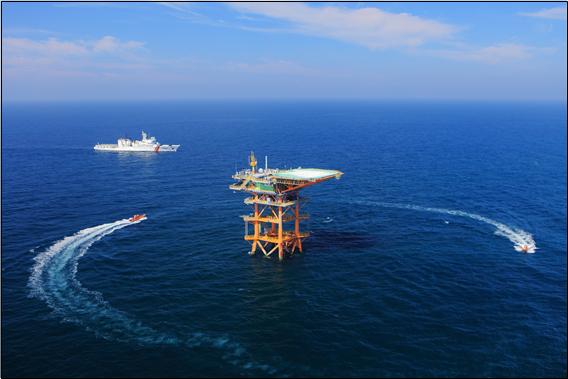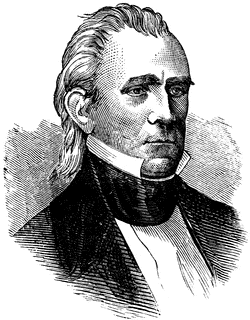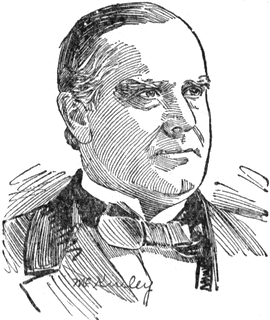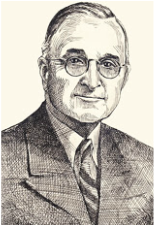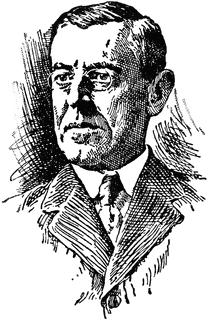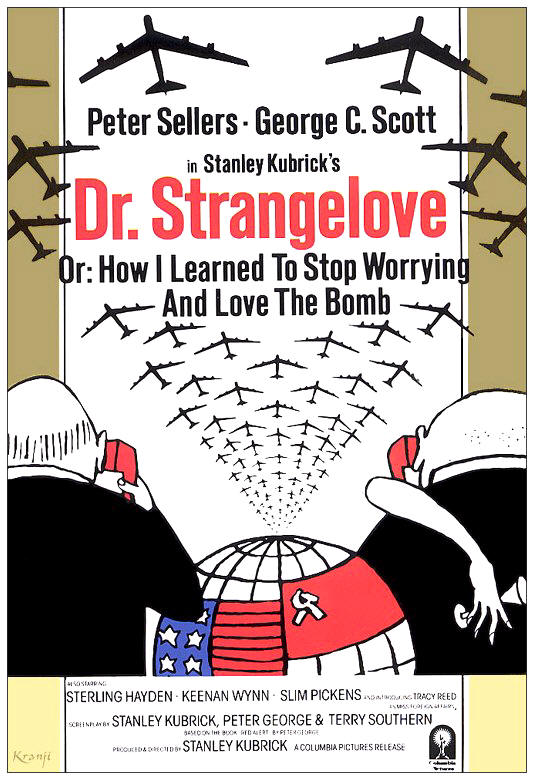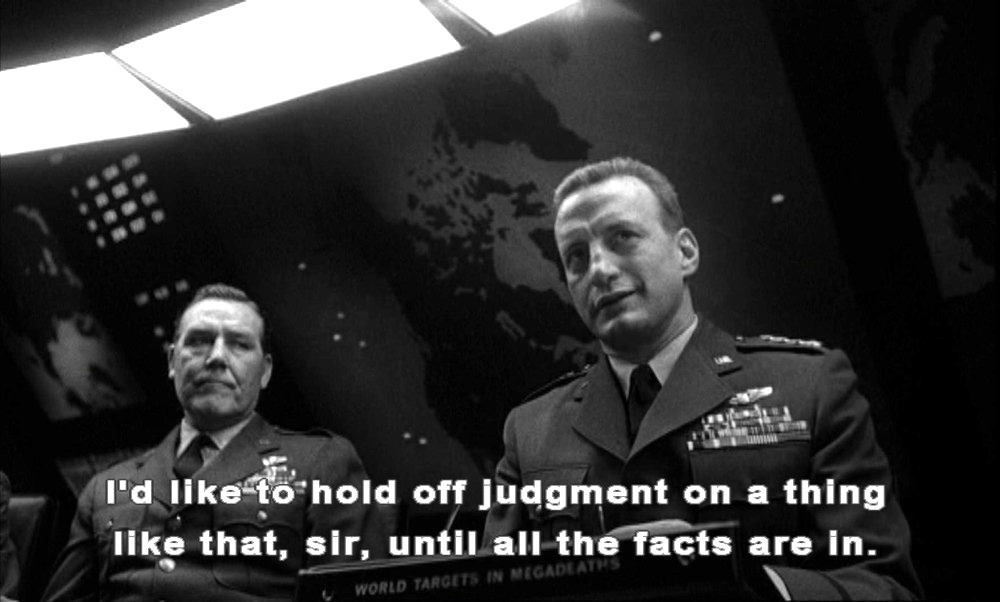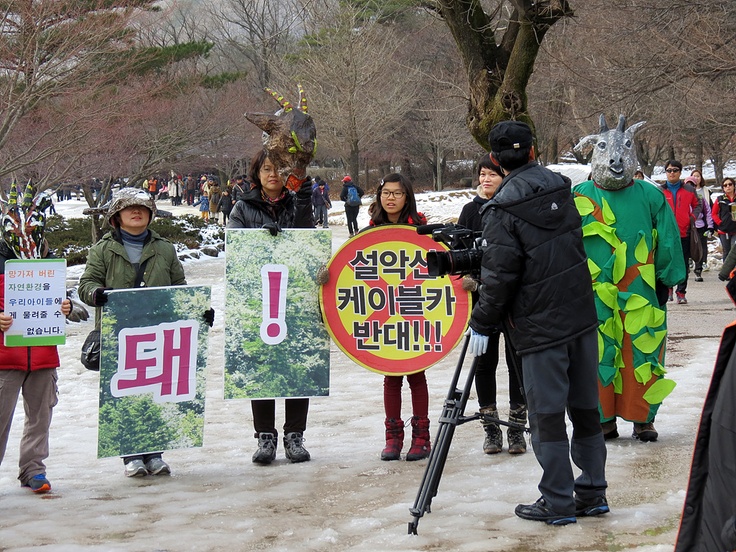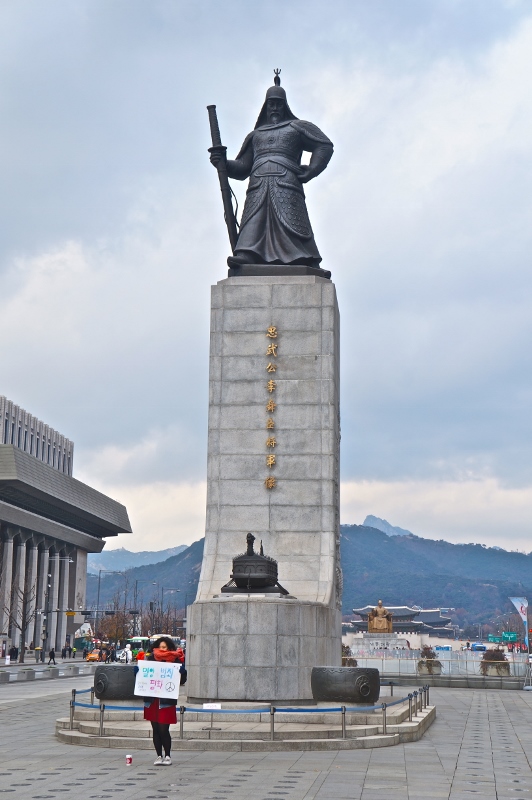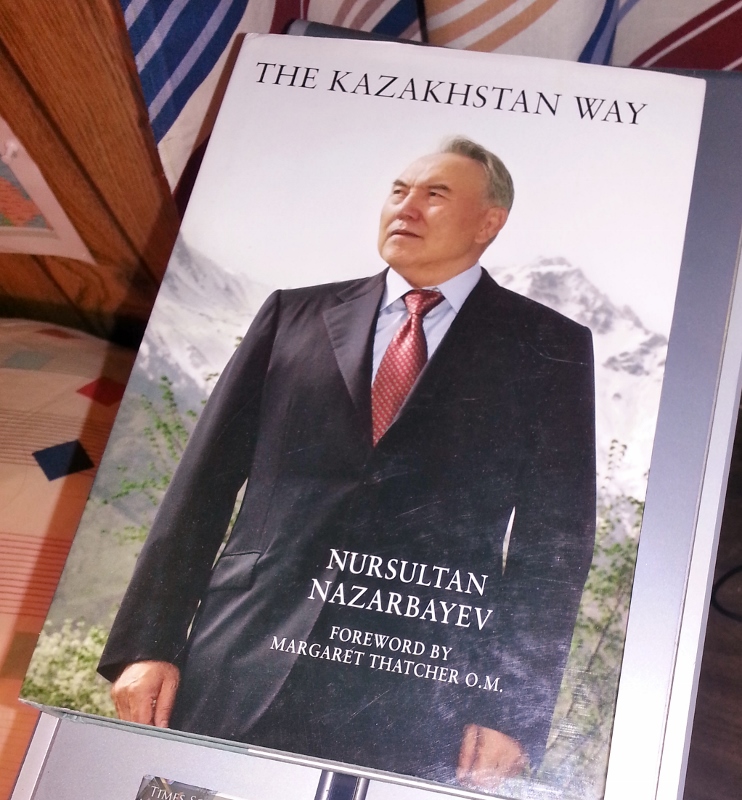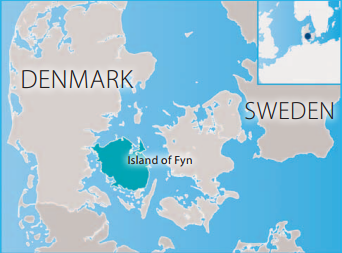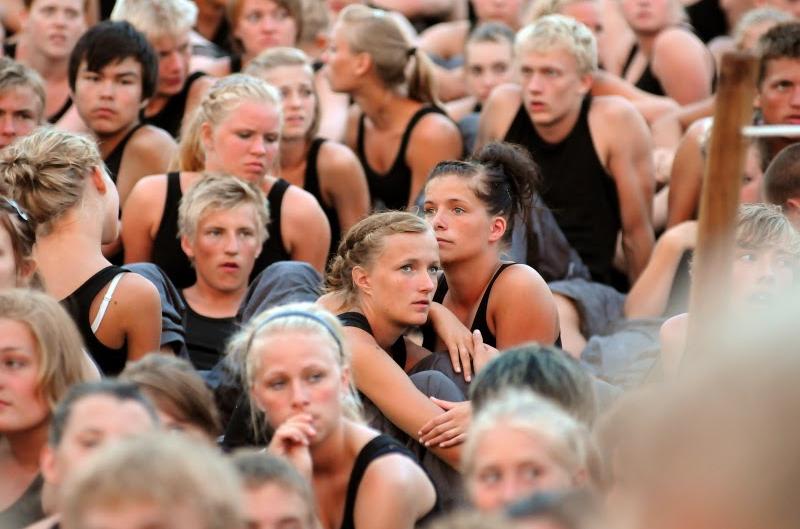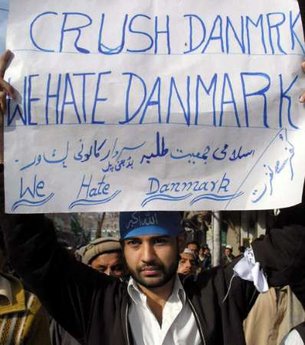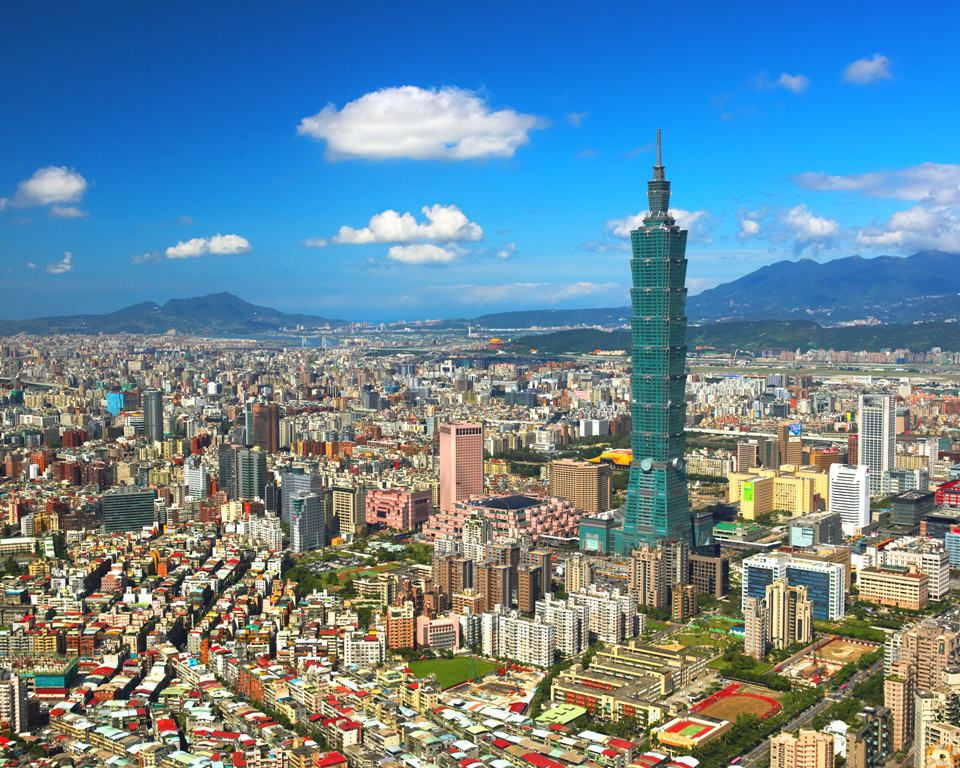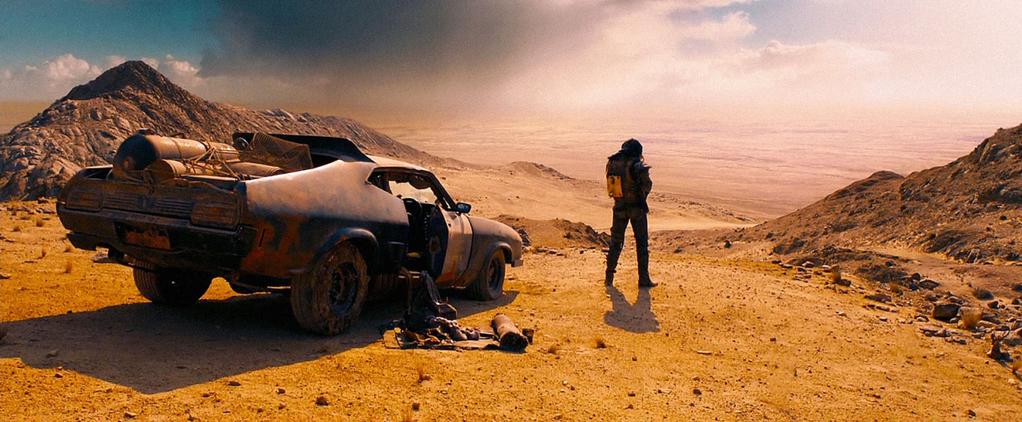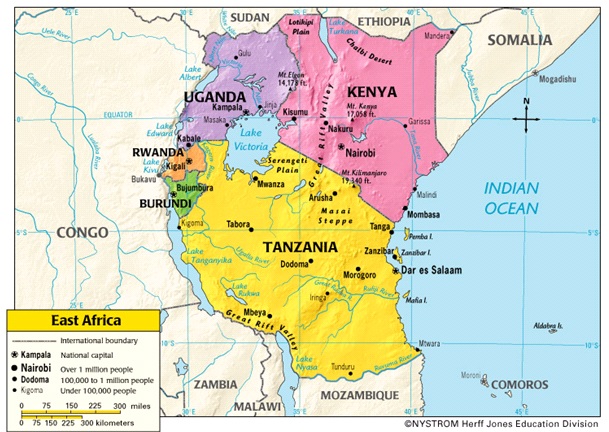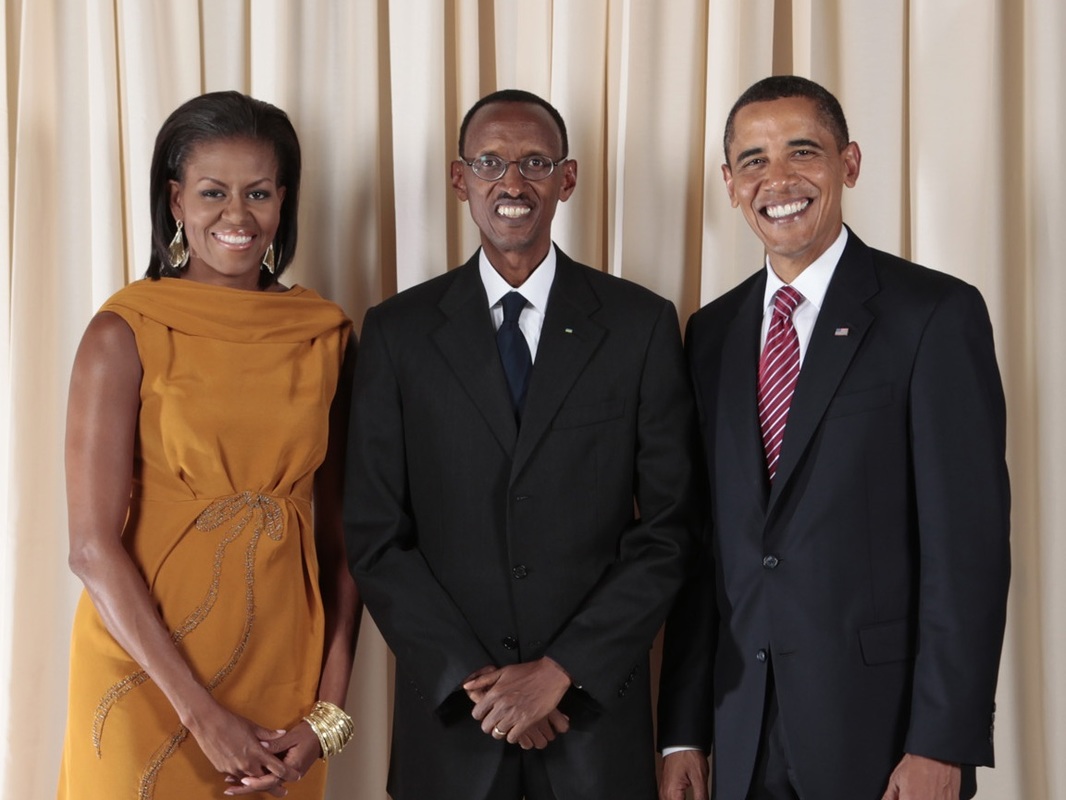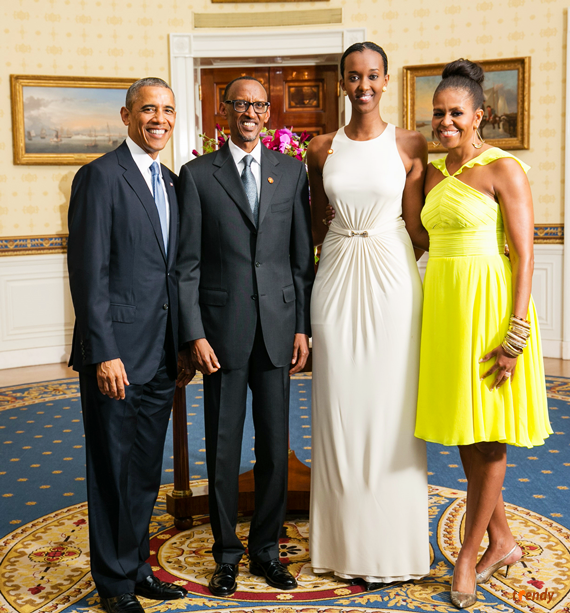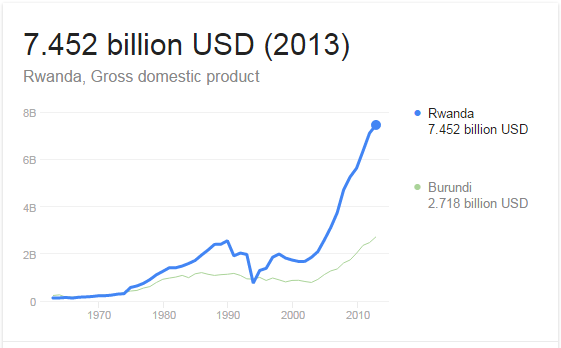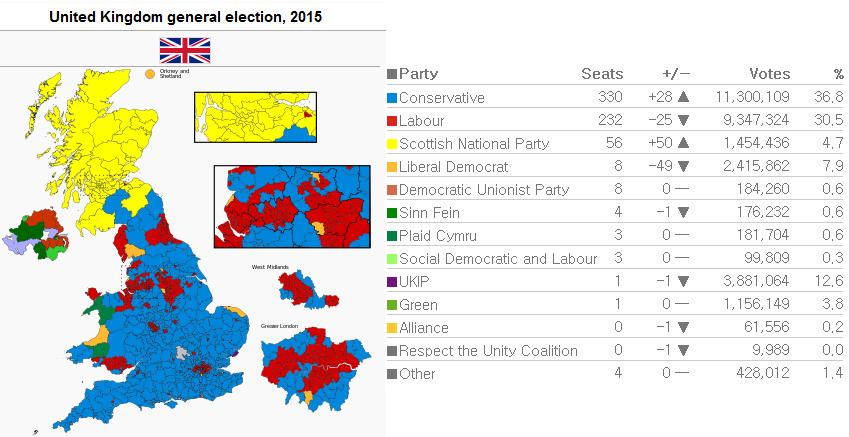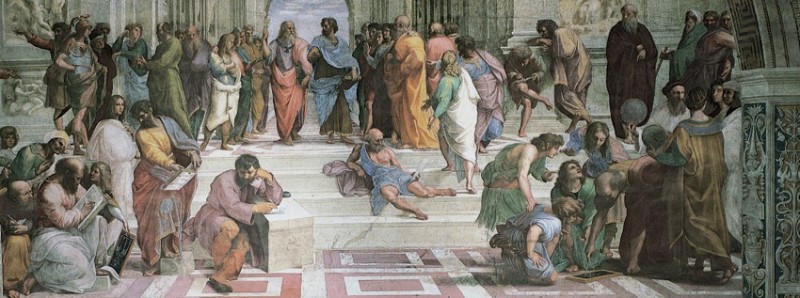Most of the exhibition consisted of photos and accompanying explanations. Here are some:
Category: Uncategorized
bookmark_borderPost-321: Donald Kirk — Speaking on Jeju, Okinawa
I attended a talk and luncheon by him in Washington, D.C. on December 7th, 2015. It was hosted by a university’s Korea Studies program. The crowd was fewer than twenty people, most of whom were Asian foreigners. I couldn’t tell their countries of origin and didn’t have a chance to talk to them. Most were graduate students. (Everyone had sandwiches and cookies but of all the attendees I was the only one to take a can of regular coca cola. Several had diet coke. What to make of that?).
If I recall correctly, Kirk said that he first entered Korea in 1972, previously having reported from Vietnam and elsewhere. He ended up, over his career, reporting on Korea a lot (though by no means exclusively), and is still going strong on that topic in the 2010s. I had previously run across the name Donald Kirk in the Korea Times, one of the English-language newspapers. It still runs his column. I occasionally bought the Korea Times and have written about this newspaper elsewhere on this site.
I must say that I was greatly impressed with Donald Kirk. He struck me as a quality investigative journalist of the classic variety. He was also energetic and vigorous. He looked younger in person than in the photo above (attached to his Korea Times columns). Seeing him in person, had someone told me he was in his 50s, I’d have certainly believed it. (He is in his 70s.)
Kirk’s talk was about Jeju (of Korea) and Okinawa (of Japan) and their many parallels. The new parallel is of military base controversies on both.
I took notes during the talk. Here are some of his remarks I found most interesting:
- Donald Kirk’s book is called Okinawa and Jeju: Bases of Discontent. (This title is a pun, as will become clear below, I think.)
- Kirk spent six weeks in Okinawa and Jeju, on a grant from some group in the USA, doing research for the book.
- Okinawa and Jeju are both the southernmost points of their countries, different in culture and language from their mainlands, different identities. Both islands have always resented control by the mother country. Kirk didn’t say this explicitly, but I think meant it. (Few Koreans, I think, would ever entertain the idea that Jeju “resents” Korea, and certainly few would say it. Donald Kirk, being an American, has the freedom to do so.)
- Okinawa was only taken by Japan in the late 1800s. Previously, it had been an independent kingdom.
- Jeju was conquered much earlier, but always maintained its own identity and strong local dialect.
- After independence in 1948, a revolt on Jeju against the Korean government was put down with 30,000 killed.
- The Jeju of today is completely changed, now an enormous tourist spot with 90% of tourists now Chinese (Kirk’s estimate) and previous “national feeling” may be swamped to an extent by that. The young raised in Jeju can speak with standard Korean accents now, of course.
- (I asked about the Jeju Revolt during the Q-and-A: “What would you say were the causes?” I wanted to get at whether it was “really” a communist revolt, as was claimed at the time, or what? It’s hard to trust answers you get on this from Koreans, because it is politically sensitive. Kirk didn’t have a specific answer. He mentioned political, labor problems. He graciously asked the Koreans in the room for their opinions. No one spoke up.)
- (Someone else asked why there is no secession movement on Jeju. The questioner, an Asian of nationality unknown to me, said that Okinawa did have one. Kirk answered that in his view the Okinawa secession movement “didn’t amount to much” when held up to the light of day.)
- Kirk pointed out that Jeju is the only Korean province given special “self-governing status” (제주특별자치도).
- The left-wing governments of Kim Dae-Jung and Roh Mu-Hyun, governing 1998-2008, did things to appease Jeju like officially apologizing for the Jeju massacre of ’48.
- Both Jeju and Okinawa now have military base controversies which likely will be around for a while. Okinawa has long had a large U.S. presence, and South Korea is currently building a naval base on Jeju, to open next year.
- Why is South Korea “militarizing” Jeju? Firstly, Kirk discussed the Ieodo Rocks (이어도), which are claimed by both China and Korea. Occupied by South Korea. China has not pressed this claim, unlike its many other claims to islands and rocks quite far from its borders. China has aggravated nearly all its maritime neighbors with its bold territorial claims, except South Korea.
- Kirk said that South Korea is trying hard to maintain good relations with China. To this end, Korea won’t support any SE Asian states in territorial disputes with China.
- Despite this deference-to-China policy, South Korea has quietly built up the Ieodo Rocks in a manner similar to what it has done with the much-more-publicized (especially in Korea itself) Dokdo Rocks in the sea between Korea and Japan, occupied since 1952 by South Korea but also claimed by Japan.
- South Korea has built facilities, including a helipad, on Ieodo (picture below). These rocks are completely submerged but rise near enough the surface to allow such facilities.
- If China ever presses the Ieodo Rocks claim, the South Korean Navy would be in a better position to enforce its claim with the Jeju base. The rocks are 150 km southeast of Jeju.
- The second reason for the Jeju naval base, Kirk says: North Korea. A strong naval base on Jeju could better intercept North Korean vessels. This is the official position and is valid.
- Kirk says that former president Kim Dae-Jung opened the shipping lanes around Jeju to North Korean commercial ships. This surprised me. This ended with the end of the Sunshine Policy. Kim Dae-Jung was a longtime South Korean left-wing political dissident, elected president in 1997, and was interviewed several times by Kirk during his long career, which included a period of exile in the USA (mostly spent in Northern Virginia, according to Kirk).
- Some Koreans are protesting the Jeju naval base. They say it will hurt the environment.
- Kirk says he interviewed one of the main protest leaders at the Jeju naval base protests, a certain Korean Catholic priest. I cannot recall what specific remarks he made about this priest. He said his name was Moon.
- Kirk doesn’t buy the notion that the protest is environmental in nature. He gave the example of the plan to completely destroy a particular island in Busan Harbor so as to allow more maneuvering space for ships. No protests at all for that doomed island.
- The real force behind the protests on Jeju, Kirk says, may be anti-American Left (this is my term, not his). The protesters, if you talk to them, allege that the base “will become a U.S. base”. The base is a U.S. plot, they say. Kirk says there is no basis for this claim, no indication the U.S. has anything to do with it.
- Opposition on Okinawa to the military bases does relate to the U.S., as one of the largest overseas U.S. bases in the world is on Okinawa, but Kirk says that it is not so simple on Okinawa as “Get the foreigners out.” Okinawans do not yearn, at all, he says, for a handover to the Japanese military (and there may again soon be one to speak of). They probably prefer the U.S. to Japan. The Okinawa protesters just want to be left alone with no bases at all. (This does seem to suggest that Okinawa “national feeling” is strong, even if Kirk says rumors of a secession movement have been greatly exaggerated.)
- I asked a question about what Kirk’s view was on prospective U.S. military withdrawal from Korea and/or Japan, whether it was possible or likely anytime soon. He replied that Jimmy Carter had had a plan to withdraw U.S. forces totally from Korea in the late 1970s, but “he was talked out of it” after taking office. Kirk then said that today Donald Trump, who has said the same thing (Korea can pay for its own defense; foreign commitments a waste of money; bring U.S. troops home), if elected, would also be talked out of it. I wanted to follow up but didn’t have the chance. Who “talked Carter out of it”? Why? Who would talk Trump out of it? Why?
Note: I implanted one fact above that didn’t come from the talk I attended, but from an interview with Donald Kirk I listened to separately. It is that Kim Dae-Jung lived mostly in Northern Virginia during his political exile in the USA, 1980-1985. Kirk has mixed feelings about Kim Dae-Jung, and many negative things to say, while conceding his political skill. Kirk’s perspective on the much-praised, Nobel-anointed Kim Dae-Jung was nice to hear: This interview was reposted to Youtube here. (Korea and the World podcast, October 2015).
bookmark_borderPost-320: “This Person is a Korean.” (He Is?)
|
다음의 내용과 같은 것을 고르십시오.
제 부모님은 한국 사람이니다. 그러나 저는 미국에서 태어났습니다. 그래서 한국어가 서툽니다. 내년 한국에 가서 한국어를 배우려고 합니다. (1) 이 사람은 한국 사람입니다. |
Choose the correct statement based on the passage.
My parents are Koreans. However, I was born in the USA so my Korean is poor. Next year I am going to Korea to study Korean. (1) This person is a Korean. |
The textbook insists that there is a correct answer. The back of the book even explains “why” it is allegedly the correct answer, precluding the possibility of a misprint/typo.
Can you guess the answer?
“This person is a Korean.”
He is? In what way? Born in another country. Can’t speak Korean. We can understand him to be Korean only by merit of blood ancestry.
Consider, too, that this is a basic question, ascertaining whether you understand the simple grammar forms and vocabulary used. The question writer, then, believes that blood obviously trumps something as flimsy as citizenship, place or birth, or even cultural affiliation and language ability!
The explanation at the back of the book flatly has it this way: “(1) is correct because the person’s parents are Korean.”
That answer is not at all intuitive to Americans. Not on a formal test question like this. No way. When taking a test, we have to think in terms of the test, which is to say in terms of the test makers, and this is a good example of that.
Interestingly, Koreans raised in Korean culture who have never lived in the West will generally apply this logic consistently, by which I mean that in the U.S. context they’ll tend to regard Whites as “Americans” and others as (at least semi-)”foreigners”, or something about like that, including Korean-Americans. (This is not to say they universally like Korean-Americans, a complicated issue in itself.) I have seen this attitude again and again from”lesser-Westernized” Koreans of all ages, including (or especially) while such people were speaking in Korean.
Koreans raised in Korea but with direct exposure to Western society, perhaps having lived in a Western country, can sing a different song and be more “politically correct” (as we’d say), but all the same will typically keep their own racial feeling close to the chest. A foreigner who worked in Korea with whom I once talked related a conversation he’d had with his boss, characteristic of the type I mean. I recall the details roughly, but I recall precisely the “punchline” (which will be the very last words of this post):
The boss was a Korean woman who had lived for years in the USA and even then spoke of moving to Canada. She’d come back to Korea and had gotten into the English education business when it was booming. Her son or daughter was in Canada at that very time, studying in university or something. This boss was complaining about foreigners in Korea — how they should go home and stop causing problems, how Korea needed to be reserved for Koreans…something about like that. “But you lived in the USA for many years, and isn’t your daughter in Canada now?” “So?” “So…I mean, you were a foreigner, too.” “It’s different.” “How is it different?” “Well — Korea is only for Koreans. The USA is for everybody.”
bookmark_borderPost-319: Worst U.S. Presidents
Ideology can blind good judgement, for one thing. This is the case with a list of “best to worst presidents” put out by a prominent libertarian, Dr. Ivan Eland. The worst four presidents according to him:
The very worst: James Polk
The 2nd worst: William McKinley
The 3rd worst: Harry Truman
The 4th worst: Woodrow Wilson
I disagree with his analysis and I have to wonder if he is even arguing in good faith from these bizarre choices.
His methodology severely penalizes involvement in war of any sort, as we see in his full explanation:
In Recarving Rushmore [Dr. Eland’s book], the four worst presidents — falling below both Obama and George W. Bush — were in rank order: James Polk, William McKinley, Harry Truman, and Woodrow Wilson.
James Madison was correct that war is the primary cause of big government in American and world history. War creates a national security state, greater government intervention in domestic society and the economy, and promotes the state’s erosion of cherished civil liberties.
What these four presidents have in common is that they led the country into needless wars that changed America for the worst [sic].
James Polk purposefully started a war with a weak state, Mexico, to steal a third of its land and, in doing so, aggravated regional tensions that eventually led to America’s most searing and cataclysmic war — the Civil War.
William McKinley undertook the Spanish-American War to launch the United States, which had revolted against the British Empire, into its own imperial role by acquiring colonies and beginning the long, interrupted trajectory toward America as an interventionist superpower.
Harry Truman converted a local war in Greece into an expensive worldwide Cold War against the Soviet Union, which began with a stalemated hot war in non-strategic Korea that led to the creation of the national security state, the imperial presidency, and the shelving of the traditional requirement that the American people, rather than its leader, would decide if war was needed.
Finally, Woodrow Wilson, ignoring America’s tradition of staying out of Europe’s wars, took the nation into World War I, which laid the seeds for the Bolshevik Revolution, Hitler’s rise, World War II, and the Cold War.
On Wilson: If only all the belligerents had avoided the pointless nightmare of the 1914-1918 war entirely… But they didn’t. I have heard many serious people argue that a German victory would’ve been the preferable outcome of the 1914-1918 war, and this seems to be directly implied in the article, saying Wilson should’ve stayed out. A victorious Imperial Germany would not have tolerated a Marxist Russia, would’ve crushed the Bolsheviks while they were still able to be crushed, and likewise would’ve suppressed Marxist uprisings everywhere. No need for radical fascist movements of the 1920s and 1930s to resist radical Marxism. No Danzig problem, no Marxist states in Europe, no World War II, not anything like we knew it. (On the other hand, the old aristocratic regimes of Europe and the Ottoman Empire did need to be swept away, and were by that war.)
On Truman. The USA suddenly found itself a world superpower in the 1940s, mostly unwillingly and unwittingly. There were a lot of rather brilliant men in the U.S. government at the time, the late 1940s. No “general war” against Communism ever occurred. International institutions were set up that last to this day. Was Truman wrong to intervene in Korea? Maybe. I have to reluctantly say that I think so. Once the commitment came, the USA couldn’t get out of it. Propping up South Korea was very expensive over the years, and I am not sure it has ever served a real U.S. interest.
This is just foolishness. These guys were not the three best. Come on.
bookmark_borderPost-317: Dr. Strangelove (1964)
|
I was blown away, you might say, by Dr. Strangelove (Subtitle: “How I Learned to Stop Worrying and Love the Bomb”).
What a great movie, and one that took me by surprise. It starts seriously but the absurd slowly takes over the reins. Most characters reveal themselves to be comically insane. It turns out to have been a satirical comedy. I expected a James Bond type movie with lots of chasing, raiding of secret lairs, and henchmen. I assumed “Dr. Strangelove” would be the name of an eccentric anti-American villain who creates a doomsday device, but in fact the character Doctor Strangelove actually works for the Americans. He is actually much less insane than some in the movie, notably than the Air Force commander who orders the nuclear first strike in retaliation for the Communists having put fluoride in Americans’ water supplies. |
The message is that the nuclear arms race had a distinct kind of insanity to it, with no possible winners, and further that nuclear war scenarios can easily, and actually will inevitably, encourage insane thinking. The one general (George C. Scott) who pleads with the president to go all-in with a nuclear first strike when they realize they cannot recall the bomber with the damaged radio system, he does actually seem to be right with his argument. He argues that it’s better to go with a first strike to knock out most Soviet capacity, and lose 20 million Americans killed, than sit and wait and lose 150 million Americans killed. His reasoning, it seems to me, is both correct and insane at the same time.
I don’t think there’s been much fear of generalized nuclear annihilation in a long while. When my political and cultural awareness were coming into focus, around the mid-1990s, I recall a little of that, left over from the Cold War days, but it was by then rapidly fading. I don’t think people born in the 1990s ever saw any of it.
In the world of the 2000s-2010s, at most there has been a low-level fear of a single, rogue mini nuclear attack by an Islamic-State-like group on a particular enemy city, but that would be a small tragedy in the grand scheme — nothing like the kind of mutual extinguishing of industrial civilization that a general ICBM nuclear exchange would’ve meant in the Cold War, as parodied in Strangelove.
This fear belongs to another era. And yet, the nuclear missiles are still there. Thousands of them…
I saw this movie for the first time last week thanks to a website called BnW Movies (which shows copyright-expired movies mostly from the 1910s-1940s for free. Strangelove, from 1964, is the latest-produced movie on the site.)
bookmark_borderPost-318: A Glance at the Gwanghwamun Protesters
Gwanghwamun was once the core of downtown Seoul. That was a long time back, when Seoul had a single, identifiable downtown — until around the mid-20th century. Today, Gwanghwamun is home to plenty of office space, a few government agencies, and has been molded into a tourist center. You’ll find museums, monuments, and the main former royal palace (Gwanghwamun is the name of south gate of the main palace). The U.S. embassy is there. The huge Kyobo bookstore is there.
The most interesting thing about Gwanghwamun, to me, though, is that by today it is a central place for South Korean malcontents to gather and hold their signs, shout their slogans, and annoy passersby. My impression is that the malcontentry has increased in the 2010s over what I recall in my first times there in 2009. The “malcontents” are of all sorts, most often in the guise of Christian religious extremists and far-left political protesters.
I got some good pictures of two particular protesters that day and can “profile” them a little:
(1) “U.S. Military, Get Out!”
The protester kept his head down. You see him and his sign at the very bottom right of the first picture. The same man and his sign are fully visible in the second picture. (The U.S. flag waves in front of the U.S. embassy across the street.) Here we go:
U.S. Military, Get Out of Our Land! We Don’t Want Your Anthrax and THAAD Missiles!
Park Geun-Hye Regime, You Can’t Control MERS! Resign Now!
자주통일과민주주의를위한 코리아연대
The Korean Solidarity Organization for Independent Unification and Democracy
I wrote above that the Gwanghwamun of the 2010s is a big tourist draw. This was a good Friday afternoon, but the place is remarkably empty. This was the several-week-window when MERS changed a lot. We see only a single pair of tourists and can count eight yellow-vested policemen. These police are all around, and in my impression much more visible than before. (The U.S. embassy is right across the street and the ambassador was slashed by a would-be assassin a few months ago.)
Stop the Seorak Mountain Cable Car!!
Here is another recent protest against the new Seorak Cable Car I find online:
Ruined Nature Cannot be Passed Down to Our Children.
bookmark_borderPost-315: Two Danes
Let me write a few words about these two Danes.
|
(Dane 1). The Scraggly Blond Backpacker. 2011.
Kazakhstan is a place that the typical Western traveler would, it seems to me, never think to go. The low-profile of the country, and the vague fear that the suffix “Stan” inspires work to a certain kind of traveler’s benefit, though. A big benefit for me was crossing paths with so many interesting people in my rather long time there. One was a “zero-budget” Danish male traveler a little younger than I. I saw him on an online forum for travelers in Kazakhstan. After finding out we’d both be in Astana, the capital, the same day, I asked him if he’d like to meet, and he agreed. The meeting place we arranged was Baiterek, a towering landmark in Astana that looks like something out of Superman. I think the meeting time was 12:00 Noon on a weekday. He showed up a little late, but when he did he was easy to spot even in the sprawling Baiterek plaza. Even though I’d never seen him before, I immediately identified him. His blond hair, not quite neatly combed, rested atop a slightly melancholy face, above a wiry frame that carried a very big backpack along with the small chip he carried on his shoulder. He drank water from bathroom faucets (I saw him do it) to save money, as well as camping outside at night. This was May, so the weather was alright. He told me that the Kazakhstan police often harassed him on suspicion of smuggling drugs, especially in the south. This I readily believed because he looked the part. In fact, confirmation of his ability to attract police came later that day when one demanded identification from the both of us at a train station. He challenged the policeman, which is generally not a good idea, but they did leave us alone. The policeman may have been looking for a bribe, but he didn’t get one and wandered off. Alternatively, he may just have wondered what country we were from and used his authority to take a look. We wandered around Astana. I was trying to locate one of the few English bookstores in the country I’d heard about, which turned out to be in a hotel, and a very nice one at that, with full security. The security guards at the front gate gave him the third degree. He had to forfeit the knife he was carrying. Hey, as he showed up looking like he had just been plucked out of a guerrilla campsite, he had to have expected that. I found and bought the English autobiography of Kazakhstan’s president-for-life Nazarbayev at that bookstore (“The Kazakhstan Way”), which was an impressive book. This Danish guy talked to me about politics a lot in the course of the day, and came very near saying he was a Marxist. He had much to say about the USA, about how bad it was and all. I found more interesting his commentary on Danish and European affairs. He condemned, using the flim-flam adjective “Nazi,” a particular political party called the Danish People’s Party (which currently holds 21% of seats in Denmark’s legislature). This political talk of his I found quaint. Hard left-wing politics is “cool” for Western European youth (much more than in the USA) and he was either 23 or 24 at the time (2011). All this said, I liked him. His ambitious travel made him an adventurer in the Viking tradition. (I do doubt that the Vikings would’ve much cared for Marxist theory, but that’s not so important.) He did have a soft spot, it seemed, for an American with a Danish surname, and alas he invited me to visit him in Denmark, which is unlikely to ever happen because I’ve forgotten his name. |
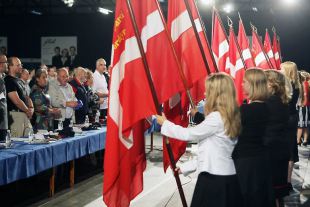
From a meeting of the Danish People’s Party (found online here)
|
|
(Dane 2). Korean-Studying Teenager. 2015.
Life goes on and I’ve found myself studying Korean, and this has brought me into contact with lots of sorts of people I’d never have otherwise met. One of whom was “Dane 2,” a particular teenage girl and the youngest student I have ever studied with. (In fact, I have taught students who are several years older than her.) The first month we were in the same class (April 2015), the class’ average age was over 30, I think, but this girl was born in April 1998. She has not yet started high school (Gymnasium). Imagine that. Before going further, I should say that she looked nothing like a Dane, much less a European. She was only half-Danish (father) and half-Thai (mother). She was raised in Denmark and has only gone to Thailand on long visits. She cannot speak the Thai language well. Her father was in Thailand as a Christian missionary in the 1990s which is how her parents met. Her relationship towards being of mixed race is complicated, as I find usually to be the case with such people. It turns out she somewhat resents Danes and puts the Thais on a kind of pedestal of virtue. She came near to saying she resents Danes as a people, though not quite. I found this talk of hers a little distressing. (Come to think of it, “Dane 1” above also came close to saying he resents Denmark, but I more readily forgave that.) She also had some good things to say about Denmark. |
|
Early on, I told her my surname, which comes from Denmark, and tried to explain my understanding of what the name meant and asked her for confirmation (this being done in Korean during a class break), though she didn’t know the meaning for sure. She told me she had “four or five” acquaintances with that surname, which surprised me. She asked me the “American pronunciation” of various Danish names.
Her hometown is on Funen Island (Danish: Fyn). According to my uncle’s genealogical research, Funen was the birthplace of some of our Danish ancestors in the 1800s and back into the 1700s (people were less mobile back then, so for all we know, it goes back many centuries, then). The earliest ancestor he traced was born in 1795 in or near Odense, a town on Funen Island, which was rising to prominence in the late 1700s (e.g.: According to Wikipedia, Odense Theater was founded in 1796, being “the first provincial theatre in Denmark.” A few years later, a baby was born in Odense named Hans Christian Andersen (b.1805), who was, later in life, to rise to prominence as one of the world’s great fairy tale writers.) Back to the girl. She is definitely “more Danish” than me, by total ancestral share (hers being 50% vs. my 12.5%), and importantly she was born and raised there, as well as being a native Danish speaker and so on. Any identification I could make with Denmark would be highly abstract at best. On the other hand, if the two of us, she and I, were standing somewhere, side by side, and an observer from afar were told that one of us was a Dane and one not, very likely ten people in ten would guess that I was the Dane and she the non-Dane (I being half Scandinavian and entirely Northwestern European by ancestry). She is quite dark-skinned and could not readily pass for a native of even a peripheral European nation. One other thing worth telling that I recall: She dislikes Muslims. She was a young child when the Anti-Denmark riots were breaking out across the world after the Mohammed cartoon issue, 2006. She remembers being told to conceal that she is from Denmark when traveling for fear of attack. Her ambition, after finishing Gymansium (which I understand to be a kind of blend of high school and early college for the brightest one-third or so students), which she is only due to start this fall, is to pursue university education in Korea. Why Korea? I don’t know. |
bookmark_borderPost-313: Going to Taiwan
A picture of the Taipei skyline (featuring “Taipei 101”, the world’s tallest building from 2004-2010):
bookmark_borderPost-312: West vs. East, as Seen by the East
One benefit of studying Korean more-or-less full time over the past year has been the clarifying and/or opening up of such a new perspective to me, beyond what I understood about Korea, and East Asia generally, before.
(see, e.g., post #261 “But Which Twin is the Elder?”).Here is a possible example of this. A Chinese native speaker in my Korean class sent me a set of paired images delineating differences between West and East and asked for comment. Simple pictures, simple headings, but not all have clear meanings.
I think it’s well done and thought provoking. The important thing is that this was produced by East Asians in East Asia, probably Chinese. It was found on a Chinese website.Blue is Westerners. Red is Easterners:
나(자신), Myself: Westerners have higher self esteem (maybe excessive). Asians tend to be internally nervous and self-conscious.
문제 대처방식, Coping with Problems: Like one of those ink blot tests, many things are possible to see here, too. Asians avoid problems rather than dealing with them as they should? Or is it that Asians smartly go around problems while we foolhardedly and obliviously plow on into them?
식당에서, At the Restaurant: Asians are louder at restaurants. Or, Asians have more fun at restaurants?
여해, Trip: Even before the rise of the digital- and now the smartphone-camera, this was the stereotype about Asians.
Anger:
Western direct expression of emotions vs. Eastern “Saving Face”. Westerners would view a fellow Westerner who acts like the Red character (hiding actual emotions and pretending to feel the opposite way) with suspicion and even contempt.Weekend: Yes. This really hits home. I have known many Westerners in Korea and Asia who don’t like going places among throngs of people all the time. Many complain and cannot handle it. We evolved in lower density environments. I am totally on the Blue side here. This was one of the hardest things to get used to for me in Korea.
Eating: I don’t understand. Does it mean Breakfast-Lunch-Dinner? Does it mean three “courses” within a meal? Does it just mean general eating habits (Westerners eat twice as much cold food as hot)?
Boss: Right. Maybe not quite right. The Blue character should be slightly bigger.
bookmark_borderPost-310: Demonize the Police, and Then…
Who can blame him?
These are the fruits of the recent politically-motivated, irresponsible, racialized demonization of the USA’s police. I want no part of this movement (“Stop Racist Police Terror”), no matter how fashionable it may be.
Number of arrests in Baltimore plunge as violence rises
27 May 2015 / BBC
The number of arrests made by Baltimore police in May has plummeted as shootings and homicides have dramatically increased. […]
[L]ocal media have reported that May has turned out to be the deadliest month in the city since 1999.
The police department has not explained the decline in arrests. It has been under scrutiny since the death of Freddie Gray in April set off weeks of protests and unrest.
Two homicides on Monday brought the total number of killings for the month to 35, and 108 for the year, according to the Baltimore Sun newspaper.
Arrest data made public by the city government and reviewed by the BBC showed that Baltimore police made 791 arrests from 1 May to 16 May – the most recent data available. This marks a decline of over 55% from the same periods in 2013 and 2014.
bookmark_borderPost-311: “Drink tap water? ‘No way,’ say Koreans”
Me (freshly arrived in Korea for the first time): “Can I drink the tap water?”
He (American, several years in Korea): [Calmly] “Never drink the tap water.”
That was that. I didn’t question it. Why would I? He was the expert; I was a complete outsider.
Many Westerners who end up in Korea don’t get the message. I’ve known a few who openly say they drink tap water. Never have I heard a Korean say this. I most recently met a tall young man from Georgia (born 1993), recently arrived in Korea, who triumphantly announced that he drinks the tap water. My first instinct at his proclamation was that he needs to get with the program and do as the local people do. Then again, maybe the local people are all wrong and he should do what’s right after all. (The Herald itself says that the people are wrong and the Korean tap water is fine.)
What does it say about Koreans that they drink their own tap water at such low rates compared to the rest of the rich world, the USA and other Western countries (e.g., Germany: 90% drink tap water according to the Internet consensus)? The easiest answer is that Korea was poor just a short time ago and so blah blah blah. This is a stock answer to a lot of “questions about Korea”. More interesting lines of speculation are possible. Here is one: The desire for elaborate filtration systems or bottled water comes from the same place as the custom to always take off shoes at the door at all times. I think you may see where I’m going with that. Another possible speculation: For all Korea’s wealth today and its impressive “soft power” in Asia, Koreans don’t necessarily trust their own institutions (water as a social microcosm).
bookmark_borderPost-309: “Mad Max, Fury Road” Movie
Mad Max himself is a drifter, who, as the movie opens, is caught and enslaved by one of the warlord cultures. This culture’s power flows from the fact that in a world that seems totally parched and desert-like, it controls access to a particular underground major water source and can turn the spigot on or off at will. This power makes the regular people think of the masked supreme leader as a god, and the ruling political clique as divinely mandated. The culture has an entire army of young warrior fanatics whose highest desire is to die in combat for the god figure and enter “Valhalla”.
Mad Max comes to escape slavery and gets mixed up with a renegade smuggling operation in which a particular woman tries to smuggle out a half dozen young women, slave concubines of the masked water-controlling demigod. One is pregnant during the escape.
The movie consists mostly of this journey, the things they go through along the way, and the dramatic chase led by personally by the masked supreme leader to recover his property (as he calls them). The movie’s limited scope is appealing (it is not something like “How our heroes save the world”). There seem to be backstories to each character and culture we see; we catch glimpses of things enough to get a vague feel for an entire world. Overall, the world we see is allusive to historical cultures and what we can surmise about prehistoric cultures.The movie takes place in the future, though. A return to barbarism. Speaking of which, I see echoes of ISIS in Mad Max. In other words, Mad Max is a powerful vision of reality (and only a few steps removed from ISIS in Iraq and Syria, if the stories are to be believed). It is a reality stripped of all pretenses. It is a world in which scarcity bites a lot harder than it does now (scarcity still very much exists in the present day, a fact we can easily forget). The world we see in Mad Max is enormously affected by scarcity of resources following the catastrophe (which is never discussed in the movie, is probably in the distant past in the movie’s universe and long out of the collective memory). I don’t think we are even shocked by the barbarity of the main culture we see, because life is so hard. In such a world, we accept that this is just the way it is. Brutal.
bookmark_borderPost-308: Could We Destroy the Internet?
As it exists today, “the Internet” seems like a kind of magic (e.g., people now talk about storage of data “in the Cloud”), but the Internet really is and remains just a network of physical boxes (servers) and physical wires.
Say a number of Luddite commando teams are raised. Armed with plain old-fashioned hammers, they are dispatched to smash up the world’s limited number of servers and dynamite major fiber-optic cable chokepoints. Couldn’t doing so “destroy” the Internet?
The answer: The physical Internet in the mid-2010s may still be smaller than a single oil tanker (maybe two, by now. The original answer was written in 2012). An oil tanker is a just few football fields in length, and a whole lot of the world’s servers are together at few central locations, or so is my understanding. This wouldn’t require so much smashing, after all.
bookmark_borderPost-307: Four Scenes from the Seoul Subway
Scene I. Backwards Cap Boy
Legs dangling off the seat, baseball cap in hand, a preschool-age boy is seated
A woman sits next to me, perhaps in her late 20s. As with almost everyone else who is seated, she is staring at the screen of her “phone” (an anachronistic term; it is actually an all-purpose digital cocoon). I don’t spy on what other people are doing inside their digital cocoons, but this time I happened to see as I was looking past her to try to see the station name. Her screen, I see, says this, exactly: “Which of these are oranges?” There are four pictures of fruits, one of which is oranges. She successfully selects the oranges, and I look away. I think this is the Rosetta Stone program. I am impressed that a Korean is using this. Most of those we can see studying on the train do dense and sometimes highly-esoteric grammar exercises.
Scene III. Abusing a Traveling Salesman.
As the doors close, a “pitch” begins. The man is in his 60s. He is trying to get people to buy a product he has in the cart he’s pulling. He starts explaining the benefits and how great a price he is offering. (The products these guys sell are generally fairly good). No one is budging. Everyone is ignoring him, as usual. His voice is weaker than many of these train salesmen’s voices. I feel a bit sorry for him. One dour bald fellow walks by, makes a kind of annoyed grunt, and says something that we might translate as “Goddamn it. These jerks keep bothering us on the train…” The annoyed bald man exits to another car (all the cars are connected). As even I heard it, the salesman will have heard this comment. He ignored it. No buyers in this car, the salesman collects his pride again and proceeds to the next car.
Scene IV. To Hold On, or Not to Hold On.
Morning. Aboard an express train into Seoul from Incheon. Standing room only. A shorter middle-aged man in a suit is standing directly under a dangling loop-shaped handle. He is not holding it. If the train comes to a sudden halt, he’d go flying, but the train rides are so smooth that most standing people do not hold on. The man is ensconced in his own digital cocoon (“phone”). I am standing in an awkward position and try ti hold the handle above his head, but sometimes let go. When not holding it, it hits him in the head. He turns to me, annoyed, and makes some comment I don’t understand clearly. This is very unusual as Koreans almost always ignore each other in public. Does he think it’s my fault? It’s the train motion’s fault! I hold it tightly, out of head’s way, for the rest of the trip…
bookmark_borderPost-306: Coup in Burundi and the Nilotic vs. Bantu Conflict
Burundi coup bid: Groups seek Bujumbura control
Rival groups of soldiers in Burundi are vying for control of the capital Bujumbura amid confusion over the success of an attempted coup.
There is heavy fighting at the state TV building, where radio broadcasts have now gone off air.
One source said soldiers loyal to President Pierre Nkurunziza controlled key areas, including the airport. Coup leaders insist they remain in charge.
Few of us care at all what happens in some place called Burundi, which might as well be on the moon. But if it is another skirmish in Eastern Africa’s Nilotic vs. Bantu conflict that has been so important in East Africa for so many years, it’s worth some attention, maybe.
Surprisingly to myself, given my total lack of connection to the region, I developed an interest in East African affairs in one sense. When I was in university I became fascinated by the little-understood ethnocultural fault line there, and studied it a little bit. It seems to determine so much of the politics of the region and is a kind of long-running “clash of civilizations,” we might call it, between Nilotics and Bantus. All the countries in the region are affected. Burundi is just a flashpoint.
Nilotics
are tall, with long limbs and very dark skin. If “adjusting for nutrition” they are probably the world’s tallest, I’ve read. Physically, they look like ideal marathon runners, and they are. Manute Bol was a Nilotic from Sudan brought to the USA to play center in the NBA (7’7″ but his playing weight was only 200 pounds!). Obama’s father was from a Nilotic tribe in Kenya (that ancestry would explain why Obama appears as little more than a lanky stick figure when drawn in caricature). Nilotics were thought to originate in the upper Nile River area, hence their name. (The Tutsis of Rwanda and Burundi are Nilotics. Their Bantu rivals are the Hutus.)Here is a picture of Rwandan president Paul Kagame (Nilotic) with Michelle (West African ancestry, close to the Bantus) and Barack Obama (half-Nilotic, half Northern European by ancestry). The ethnic difference is obvious between Kagame and Michelle.
According to the CIA Factbook, Burundi is 85% Bantu (Hutu) and 14% Nilotic (Tutsi). Burundi was long dominated by the Tutsis, but after the civil war of the 1990s and 2000s the Bantus (Hutus) took over partial political control.
I don’t really know upon what dynamics this centuries-running conflict really turns. The Nilotic Tutsis are in a superior position in most ways; Wealthier, more educated, more Westernized, and better able to govern a state. I am amazed at the difference in economic growth since the end of the civil wars in the early 2000s. Rwanda, Tutsi-controlled, has taken off. Burundi, with substantial Hutu control now, has limped along. Rwanda’s economy is now perhaps three times as big, despite starting from parity in the mid 1970s and despite the shock of Rwanda’s much bigger civil war losses.
I recall once reading an excerpt from Obama’s autobiography in which he relates some of his (Nilotic) relatives in Kenya talking about this tribe and that tribe and their different characteristics — some good, some bad. Obama, at the time a “[Black] Community Organizer” in Chicago, seems to have been puzzled that all Blacks in Africa were not defiantly united on the basis of race with a collective clenched fist raised in the air directed towards Europe and the USA (or something). Obama passes over his relatives’ strong ethnic remarks with mild mockery.
___________________
T
he BBC writes that “so far […] these historic ethnic tensions do not appear to have been a factor in the coup attempt.” The army is a very Tutsi (Nilotic) institution in Burundi, it seems, and still today by law it is 50% Tutsi and 50% Hutu (Bantu) (Despite a 85% Bantu majority). The president is a former Hutu rebel militia leader. The man being reported as the coup leader is Major General Godefroid Niyombare, also a Hutu.bookmark_borderPost-305: Annoyed by “Avengers II” (Leading to an Inquiry on the Nature of Quality and Group Thought)
These are some thoughts I had while watching “Avengers II: Age of Ultron”. I didn’t like it. I saw it in the movie theater after coming upon a free ticket via a friend.
Free or not, I wish I hadn’t watched it. I could’ve used those two hours better. I realize this is a harsh judgement.
I’d heard others speak highly of the movie, and it seems it got many more good reviews than bad ones. How is this possible? The movie really was lousy on its own merits.This raises questions about the nature of Quality. If the majority say that X is of high quality, is it? If we all expect X to be of high quality, is it? (Self-fulfilling prophecy.) Is there an “Objective Quality”? Alternatively, is Quality purely subjective? This is the kind of question that obsessed the central character in “Zen and the Art of Motorcycle Maintenance,” a book I read in 2012 upon recommendation from my friend Jared. Maybe we can even call it a core philosophical question of the past few thousand years.
Not to get too abstract. I think what may explain this phenomenon of mostly positive attitudes towards this (what I cautiously call an “objectively bad”) movie is that it has a core loyal base of noisy partisans. I mean comic book fans (of which I am not one). They will be tireless partisans on behalf of “The Avengers,” which is a kind of comic book Dream Team. Saying the movie was “really lousy on its own merits,” as I did above, would be a kind of blasphemy to them. A tightly disciplined core group of partisans can shift a narrative in their favor, given a disorganized “opposition”. I think this is applicable to almost any social dynamic in life. As Andrew Jackson said, “One man, with courage, makes a majority”.
But the movie really was bad. I’ll be the “one man, with courage” to say it.
Here is what one American reviewer wrote on movie website IMDb.com, which I agree with in full:
No one was more disappointed than me
It hurts to rate this so poorly, but it certainly deserves the low marks. There were so many things that ruined this movie for me.1) The Storytelling – Or lack thereof. There was not a compelling story to be told here. Ultron wants to blow up the world, the Avengers try to stop him. That’s all the audience ever really knows about this story and it felt flat and unfulfilling.
2) Plot? – The movie opens with our heroes in the middle of a battle for reasons that are largely unimportant. That pretty much sums up this whole film
3) The Love Interest – Totally underdeveloped. We’re basically told by the script writer that these two people are in love, but never are we SHOWN that they’re falling in love. It rang completely hollow.
4) The Humor – There were WAY too many jokes in this movie, and that wouldn’t have been all that bad if so many of them weren’t eye rollers. Many of them left me groaning.
5) Ultron – This guy appears out of nowhere and is woefully underdeveloped. Plus, he’s supposed to be some kind of AI but he’s constantly cracking off stupid one-liners and making facial expressions that I thought were inconsistent with what and who he was supposed to be.
6) Character Overload – There were WAY too many characters to do any of them any justice. I would have liked the film to focus on a smaller group of characters and their relationships with one another, instead, we got a who’s who of the entire Marvel universe leaving a lot to be desired.
I could go on, but my heart is still aching and I don’t want to talk about it anymore. I see that a lot of people liked it and I’m happy that they did. I only wish it hadn’t been such a colossal disappointment for me.
bookmark_borderPost-304: The UK Election 2015 Decided by “Local Nationalism”
Every pre-election predicted a “hung parliament” (no party having a majority), with Labour probably able to govern in coalition. One poll even put the odds of a hung parliament at “100%”. All wrong. The Conservative Party won an outright majority of seats.
The other big story is the “sweep” of Scotland by the left-wing Scottish National Party, which calls for Scottish independence. This is the first election in which they have done so well. The result must be a carry-over of political energy from the failed independence referendum of 2014
(see posts #228, #229, and #233). Anyway, the polls got the Scottish result right. It was predicted they’d win nearly every seat in Scotland and they did.Given the opinion polls all predicting a close outcome, there was much talk in England, it seems, of the “anti-British, far-left” Scottish National Party becoming junior partners with the Labour Party in a new coalition.
This would inevitably lead to a “Scottish Tail Wagging the Labour Dog” situation in parliament. And what a strong tail it would be. The SNP is aggressive and goal-oriented, while the Labour Party seems to me to be limping along on political inertia from decades ago, generations ago. It seems to lack a clear vision or purpose. Britain is no longer some kind of old-style Oliver Twist industrial economy. What is the purpose of labo(u)r politics? Today’s Labour Party seems to be all about maximizing welfare handouts. This calls to mind the classic criticism of democracy made since ancient times. A party much more disciplined, focused, and relevant in today’s world, the SNP, would exert a huge influence on a Labour government. (I say all this as an outsider who has never even been to the UK, of course.)A Labour-SNP coalition ruling Britain would be a humiliation for England, akin to a kind of foreign occupation. Millions of English voters shifted their votes to the Conservatives, given this prospect. A full 600,000 more votes were cast for the Conservatives in 2015 than in 2010, but this is magnified much more when taking into account that the Conservatives lost a lot of their own right wing (probably over three million) to the UKIP party (often called a UK version of the USA’s “Tea Party,” which calls for the UK’s immediate exit from the EU). This means millions of English votes shifted to the Conservatives from other parties.
The two decisive turns in the election (the rise of the SNP and the rise to majority status of the Conservatives) are both, probably attributable to local nationalism.
The rise of UKIP, which got an amazing four million votes of 31 million cast when almost none of its candidates individually stood a chance (“throwing your vote away”) is also clearly attributable to a kind of rising nationalism.Following the election, a British journalist specializing in the Middle East, Patrick Cockburn, wrote an article about this, “Modern States are Fragile in the Face of Local Nationalism” (Originally published in The Independent):
Knowing [Middle Eastern] countries has given me a strong sense of the fragility of nation states when confronted by strongly rooted local nationalisms. The glue holding together nations is always a mixture of myth and self-interest which tends to become ossified and discredited over time. [….]
The triumph of the Scottish Nationalist Party on Thursday and the annihilation of all other parties in Scotland has led to lamentations on left and right over the likely passing of Great Britain as a unitary state. There are panicky whiffs in the air as people who had scarcely noticed there was such a thing as the union between England and Scotland come to realise that it may soon be dissolved and wonder what the future will hold. It is ironic to recall that a decade ago British officials talked glibly about “nation building” in Afghanistan and Iraq, without a thought about the staying power of their own nation. [….]What is striking about the coming dissolution, be it partial or total, of the British state is the lack of resistance to this from its political establishment. It is but one more element in the decline of British power in the world over the past decade. [Continues]
I can say that I think I do understand the principles at work behind what Cockburn calls “the coming dissolution, be it partial or total, of the British state”. All the same ingredients exist in today’s USA!
bookmark_borderPost-302: Do Facts Matter? (The Baltimore Case)
Here are the important facts that have been largely ignored
in the narrative that has been created and consumed by millions across the world. (“A happy-go-lucky young Black man is arrested for no reason, beaten by police for no reason, had his spine broken by the police, as all his desperate pleas for help went ignored.”)(1) F.G. was an active drug dealer from his teens through age 25 (at death). This we know from his arrest record, with repeated arrests for drug possession and distribution.
(2) His arrest record is lengthy. The Washington Post reports he had “at least 12” arrests; other sources say 18 arrests. They include: drug possession, drug distribution, assault, burglary, trespassing, destruction of property.
(3) He spent a good portion of his nearly nine year adult life in jail and prison for his various crimes.
(4) He was arrested five times in 2015 (=five arrests in just over 100 days).
(5) He attempted to run away from police just before the final arrest, was caught, restrained, and became very angry, shouting abuse at the arresting police.
(6) Still angry, his behavior inside the police van was bizarre: “A prisoner sharing a police transport van with Freddie Gray told investigators that he could hear Gray ‘banging against the walls’ of the vehicle and believed that he ‘was intentionally trying to injure himself.” [Wash Post]
(7) The police stopped the vehicle and took measures to restrain him further to prevent the apparent self-harm.
(8) When it was clear he’d fallen into serious medical trouble, the police promptly brought him to a hospital, where he died a week later. (From the way some of the irresponsible and riot-inciting elements of the media report it, you’d think the police had executed Saint Freddie and dumped his body in a ditch outside of town, perhaps following a Ku Klux Klan ceremony — No, rather, they rushed him to a hospital.)
(9) Freddie Gray filed multiple frivolous lawsuits to try to gain cash payouts. He even had one of these lawsuits pending as of March 2015.
So, what are reasonable people to make of these facts?
First, if you are in an encounter with police, for God’s sake just cooperate. This is the basis of civil society. Don’t resist violently, run, or shout abuse at police, and problems tend to disappear.
Second, and more specifically to this case, given Freddie’s criminal character and history of filing frivolous lawsuits, it’s very possible that he saw that (especially) in the recent political climate of media-promoted “racialized police abuse” stories, he could get a big cash payout by filing a wrongful injury lawsuit against police. This explains his bizarre behavior in the van.
I’m open to other explanations, but this seems to fit the facts much, much better than the allegation pushed by many that Freddie Gray was “murdered by police because he was Black.” (Three of the six officers involved were Black, anyway, we’ve now learned, further discrediting this slanderous fantasy.)I say that facts matter. Reality matters. It is reckless to ignore reality. It is reckless to empower people like the socially-destructive Freddie Gray and people like him. Reckless. If it’s really now Open Season on police, especially White police, then the police, not being fools, will be wary of working too hard. One wrong move, they know, will end up getting them crucified before the mob, with the media playing the part of the Pharisees, orchestrating the crucifixion. No, it’d be far better to let certain criminal activity slip by than try to stop it and risk political crucifixion, loss of job, loss of income and health insurance and pension, loss of dignity, and even potential prison time (as for these six officers, who were charged in response to the rioting). I don’t think the agitators here really want to live in a world without police.
Some might concede, “Okay, Freddie Gray may have been a bad guy; he may, after all, even have injured himself and partly caused his own death, it’s not clear; but look, police brutality really is a growing problem.” Is it? What do the people who says this base this allegation on? Is it on a few stories hyped-up in the media for (it seems to me) political purposes? What are the facts?
Someone has found the numbers. Be
tween 1976 and 2013, “justifiable homicides by U.S. law enforcement” have remained steady. There has been no recent rise. Each year, between 300 and 462 people are killed by police in shootouts and that kind of thing. Policing is a serious business. (Meanwhile, between 14,000 and 25,000 regular murders have been committed annually in the same period). One ironic fact in the data is that when controlled by crime rates, Whites are actually a little more likely to die in encounters with police than Blacks (see link).Do any of the above facts matter?
Meanwhile, this charming war-story from the rioting:
“[A gang leader] described how he and some Bloods [gang] members stood in front of stores that they knew were black-owned business, to protect them from looting and vandalism. […] Instead, he said, they pointed the rioters toward Chinese- and Arab-owned stores.” [New York Times]
bookmark_borderPost-303: Stop Being So Polite!
This reminds me of something in New York City. In visits there I saw lots of signs that said things like this: “Accumulation of Refuse on the Premises is Prohibited”. Why not just say “No Trash”!?
In this case, this over-formal language is just not a good idea because many people will frankly not understand it.bookmark_borderPost-301: Greek Palestine
The “Monty Python” view of Palestine [of New Testament times] as a sort of Jewish state under Roman occupation misses out on the fact that, culturally speaking, it’s a very Hellenized country. It was part of Alexander’s empire already, so it’s been under Hellenic influence for three centuries [i.e., by the time Jesus was born].
As a matter of historical possibility, do we think that Paul could have read Stoic texts? Or is the idea more that Stoicism was “in the air” in his intellectual environment?
Professor G.B. Stones (Durham University):
I find it more plausible to think that it was “in the air”. He clearly has very profound rhetorical training. He writes Greek that is indicative of a high level of Greek education.
I discovered the podcast series just recently and like the ones I’ve heard, though I can’t follow what he’s saying a lot of the time, I must admit. As of this writing in April 2015, he’s up to episode #221 about somebody living in the 1100s AD called Hildegard of Bingen. (At this rate, the series might finally finish recording in the 2020s.)












